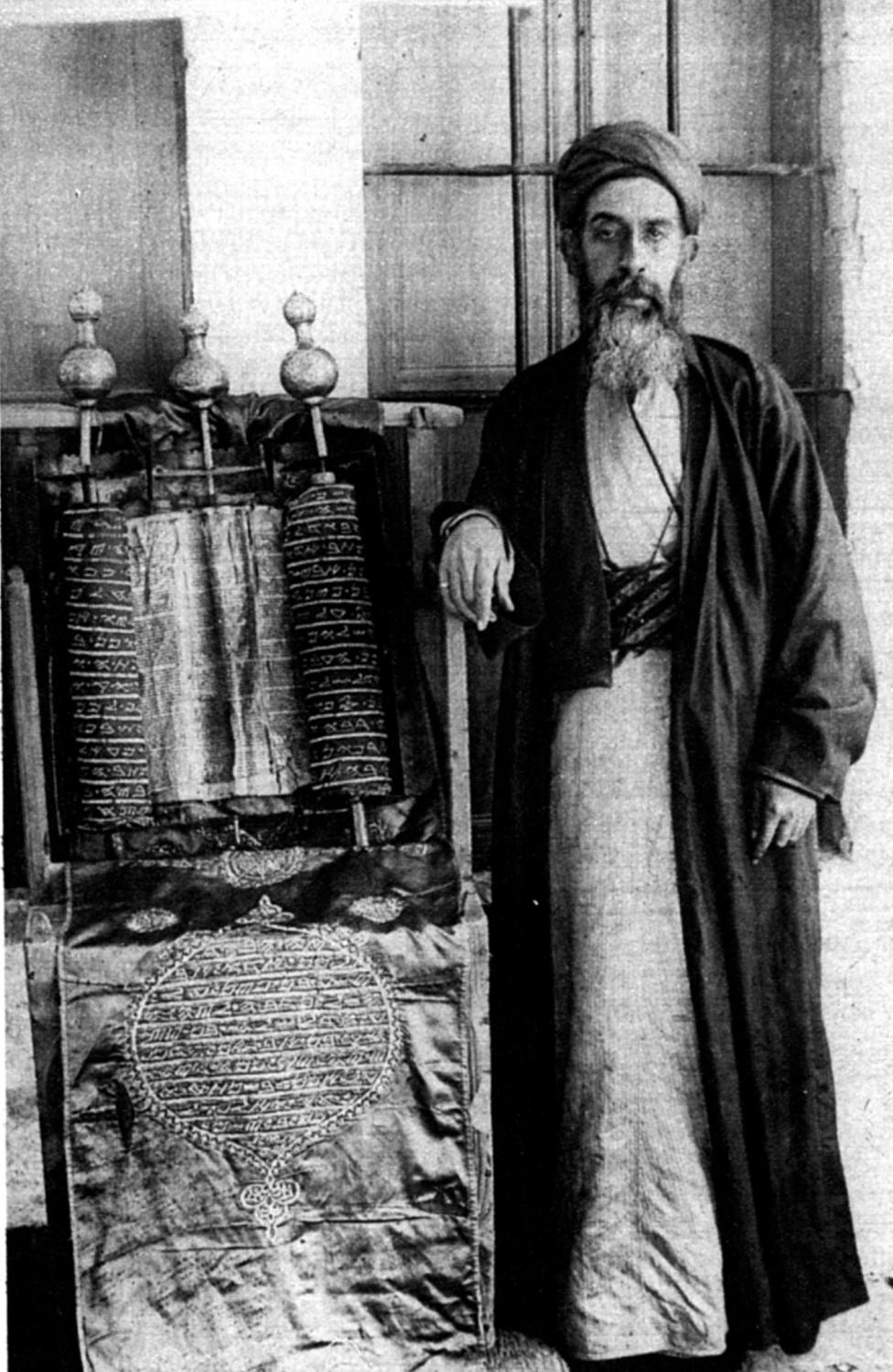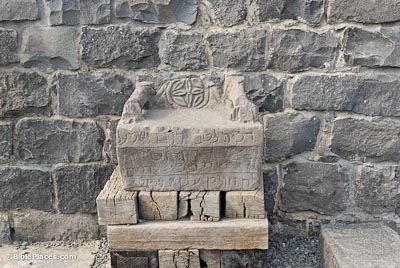Romans 3:1, What advantage then has the Jew? There were several advantages to being a religious Jew in the first century.
- A Jew had a head start on the non-Jews in that they knew (and hopefully were living) Torah. The same might be said of some religious Jews today. Most of the modern non-Jews who are currently returning to a more Hebraic orientation to their faith have to start at the ground level learning about Torah. They have to learn the most elementary basics about Sabbath, the biblical dietary laws, the biblical feasts and what it means to live a Torah lifestyle and to understand the Bible through a Hebraic contextual lens. This point is illustrated by the fact that pastors of most Messianic or Hebrew Roots congregations spend hours teaching their congregations these things every Sabbath, and may even have to spend hours on the phone during the week answering many basic questions about Torah theology and lifestyle. The Torah-observant Jews of Paul’s day did not need to be coached in the basics of the Torah-law of Elohim, for they already had a YHVH-consciousness and a fear of YHVH that most paganized non-Jews would not have had.
- Furthermore, most Jews would not have to unlearn a myriad pagan practices that Gentiles of that day, and Christians of this day have to unlearn in order to become Torah compliant.
- Additionally, Jews of that day did not have to learn how to think Hebraically or how to understand biblical Hebrew terminologies. Gentiles did.
The main problem that the Jews of Paul’s day had to deal with was racial pride and prejudice against non-Jews, and self -righteousness because they viewed themselves as the elect or chosen people of YHVH and the possessors of Torah. This same problem ethnic arrogance exists among many Jews to this day who operate in both rabbinic and Christians circles. This is why Paul had to deal with endemic Jewish racial, cultural and spiritual pride in the previous chapter.




